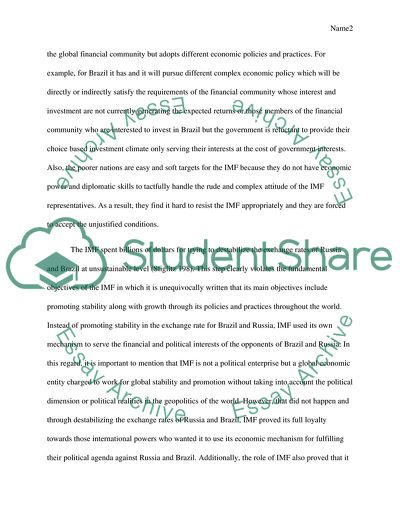International Finance Essay Example | Topics and Well Written Essays - 1250 words - 1. https://studentshare.org/macro-microeconomics/1832899-international-finance
International Finance Essay Example | Topics and Well Written Essays - 1250 Words - 1. https://studentshare.org/macro-microeconomics/1832899-international-finance.


